
Al Fukhari, Gaza – Ahlam Saqr, 50, cried the morning her sons began cutting branches from their olive trees to burn them so they could cook, stay warm and heat water for bathing.
It was a matter of survival, she says, allowing the family to survive the relentless Israeli bombing of Gaza. But that didn’t make it any easier to watch her four beloved trees being torn apart.
“The house felt so empty. The trees had their place in the house and it became dark when they were gone. We have fond memories with them,” she said.
Forced to lose “significant others.”
Gaza is under a brutal Israeli bombardment and siege that has displaced most of the population while preventing the entry of fuel, stove gas and other essential supplies.
Amid the human misery and crisis, a series of other tragedies occurred as families were forced to destroy their trees for firewood to survive.
Having to destroy one’s own olive trees, one of Palestine’s most enduring symbols, is a wound that cuts deep and has left scars of various shapes on the hearts of the people who spoke to Al Jazeera.
Ahlam is not the only person in Gaza who has had to part with beloved trees just to keep his family fed and warm. In many homes, people mourn the loss of these living, breathing witnesses to family history.
“I told everyone that my trees were my life companions. They were there when I raised my children here; They have witnessed all phases of our lives,” Ahlam told Al Jazeera.
Khaled Baraka, 65, also mourns the loss of his trees, but is not sure what condition they are in today since he had to flee his home in Bani Suheila six weeks ago.
“I was displaced… when Israeli tanks entered the city of Khan Younis, we were already having a difficult time.
“My orchard and fields were right next to our house and we had already started burning branches,” he said.
When Khaled and his family fled Bani Suheila, half of the trees were gone. They were gradually cut down to meet family needs or because neighbors begged for firewood to keep their own children warm and fed.
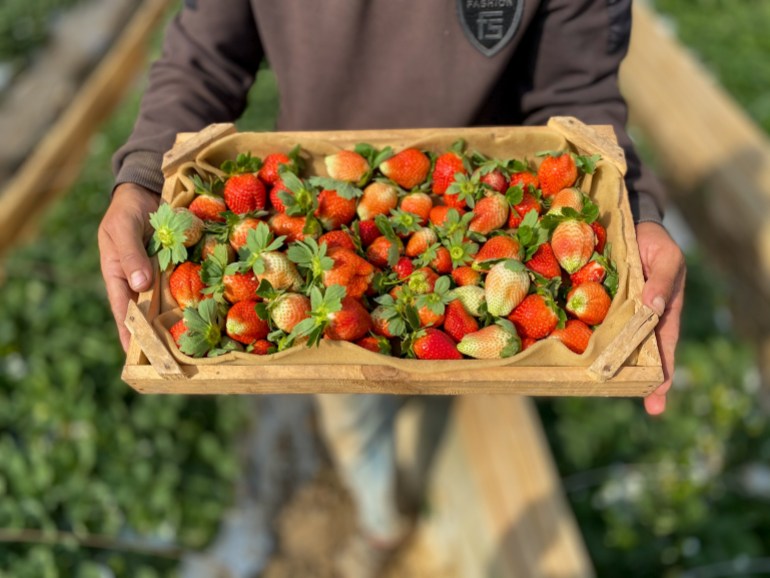
“You need a fire to bake bread,” he said bitterly. “How else would it have happened? There were so many different types of trees. Guava, lemon, orange and olive – they were all cut down and I am sure that the occupying forces destroyed everything that was left after taking over the area.”
Khaled inherited his trees from his father, he told Al Jazeera, and most of them are at least 70 years old
“These trees have lived through my moments of joy and sadness,” he said. “You know my secrets. When I was sad and worried, I talked to the trees and took care of them… but the war killed those trees.”
“The trees were my friends”
Fayza Jabr, 60, has lived alone for ten years since her husband died. The couple had no children.
About seven years before her husband’s death, she planted two olive trees, a lemon tree and a clementine tree around her house and spent her time tending to them, proudly watching them ripen and bear fruit.
“They were my friends, a part of my life,” Fayza said. “When a tree bore fruit, I called the neighbor’s son, Abboud, who is 11 years old. He helped me pick the fruit and prune trees that needed it.
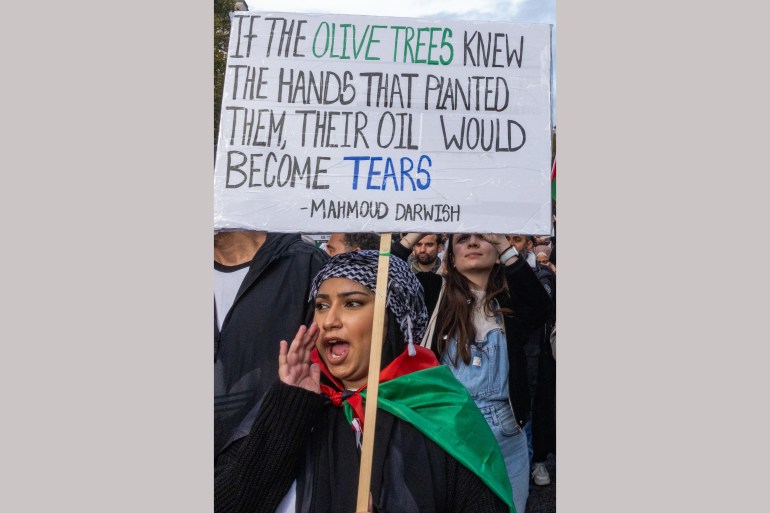
“I didn’t want to build a wall around my house so I could see the trees from inside and people walking by could enjoy the greenery.
“In mid-October, my brothers and sisters, their children and grandchildren were relocated to my house in Khan Younis – more than 30 people in my small house, all in need of food and bread. To achieve this, we ended up having to use the trees to light fires.”
At first, Fayza continued, it was possible to find bags of firewood at the market and scrape together $30 to buy a bag that would last two days.
But eventually that supply ran out and her sisters woke up at dawn to look for something to fuel the fire. Everything under the sun was burned: fabric, plastic, even shoes.
“The end of October was olive season, so I asked my family to help me pick olives, not knowing that this would be the farewell time for my trees.
“I think I was lucky that I was able to pick olives from both of my trees. You are over 17 years old. If they were my children, they would be teenagers.
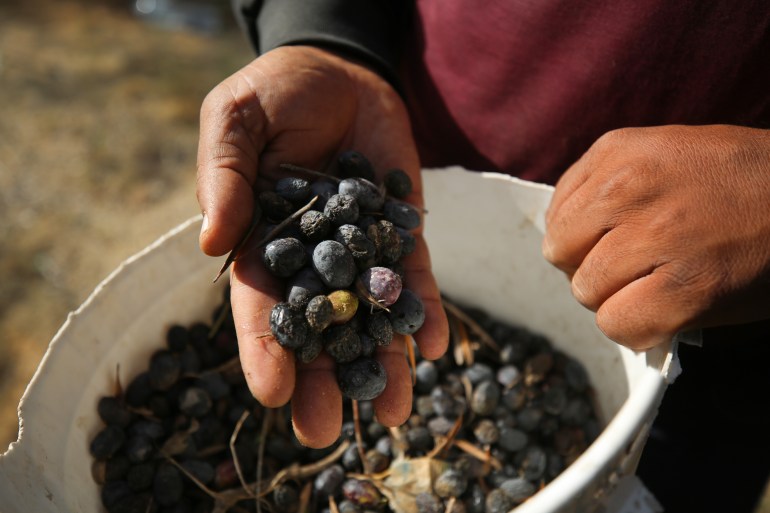
“About a month after harvesting, I noticed that some branches were broken, so I asked my sisters about it. They told me that they were forced to cut down the trees because there was no other solution. Now the garden is barren. We had to tear the trees down to the roots in order to be able to use every last bit of them.
“I was sad. It’s hard for me to cut down my trees, but I can’t be angry because there are children in the house who need to eat.”
The unspeakable wealth of four trees
Ahlam moved to her home in al-Fukhari about 20 years ago after Israeli forces destroyed the family’s first home near Khan Younis.
“UNRWA [the United Nations Relief and Works Agency for Palestine Refugees] built these houses for us after we, myself, my husband and our six children, were displaced for a few years and moved from one shelter to another. I was so happy that the new houses had space to plant trees and other things. There is nothing better than plants to give a place a pleasant atmosphere.

“When the community staff came by to give each house two olive trees, I persuaded them to give me four instead, and I was as happy with those four trees as if I had an entire orchard.
“My daughter Israa could only learn between these trees. She loved them too. But since the beginning of the war, we have to light fires for cooking and finding wood is an arduous journey. We used everything, even plastic water pipes one day, and they smelled so bad that even the food tasted different.
“My sons finally suggested cutting down trees. At first they said just one tree and the war wouldn’t last long. But the war hasn’t stopped and now all the trees are gone,” Ahlam said.
“We have lost so much in this war that it will not wipe out the trees that were like our children,” Khaled said resignedly.
“We mourn these trees, but there is no other solution.”

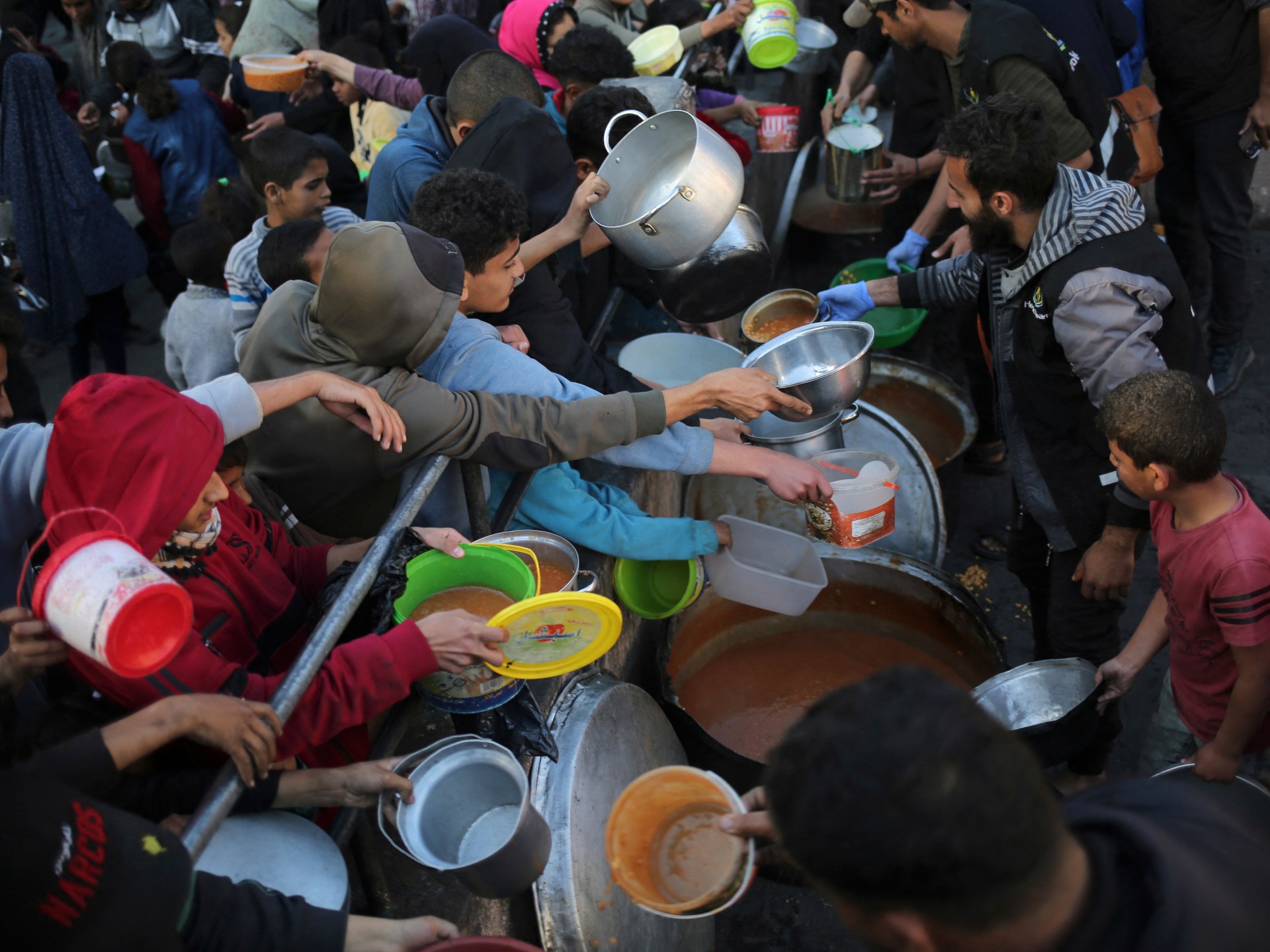


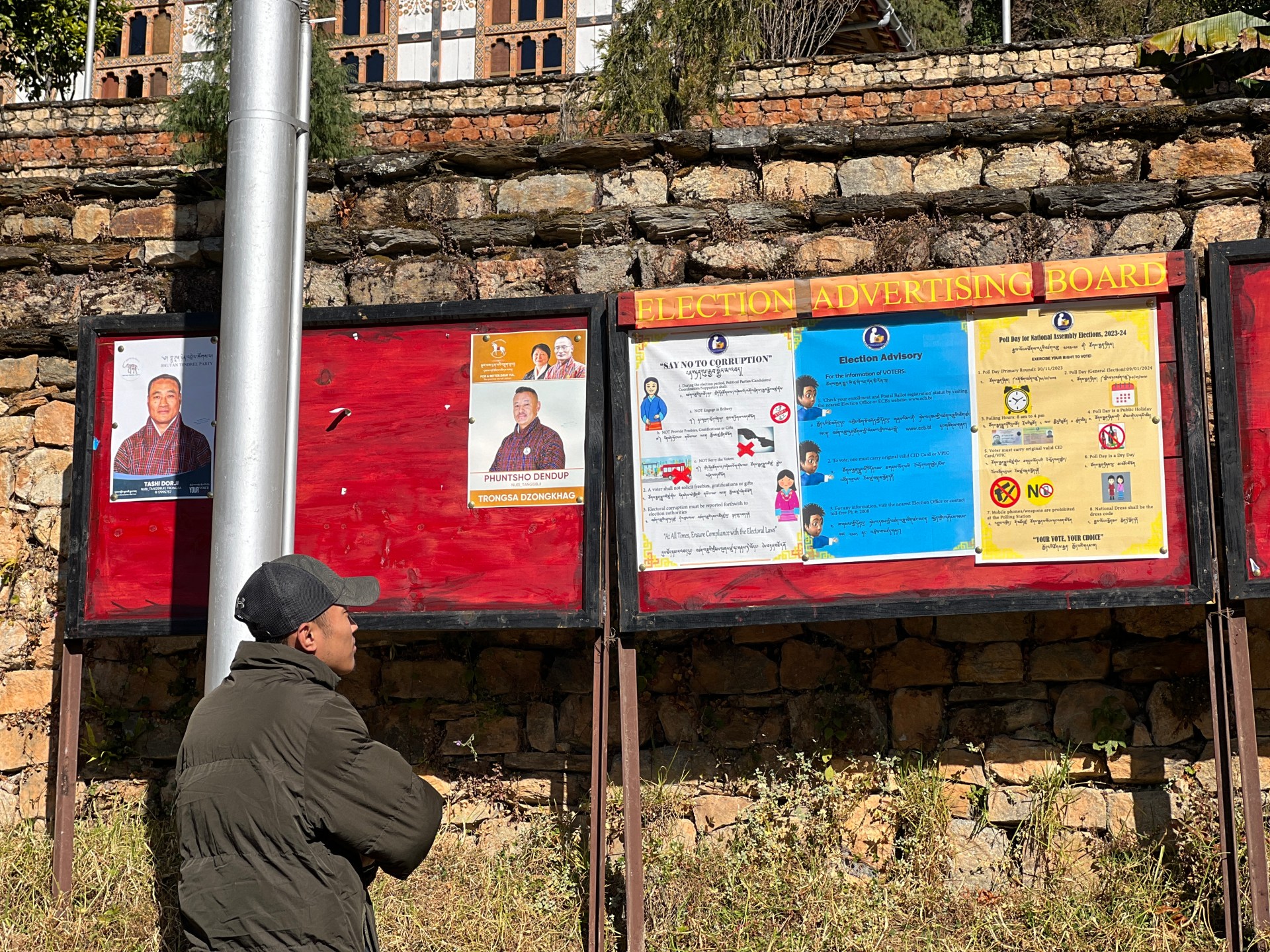

Recent Comments